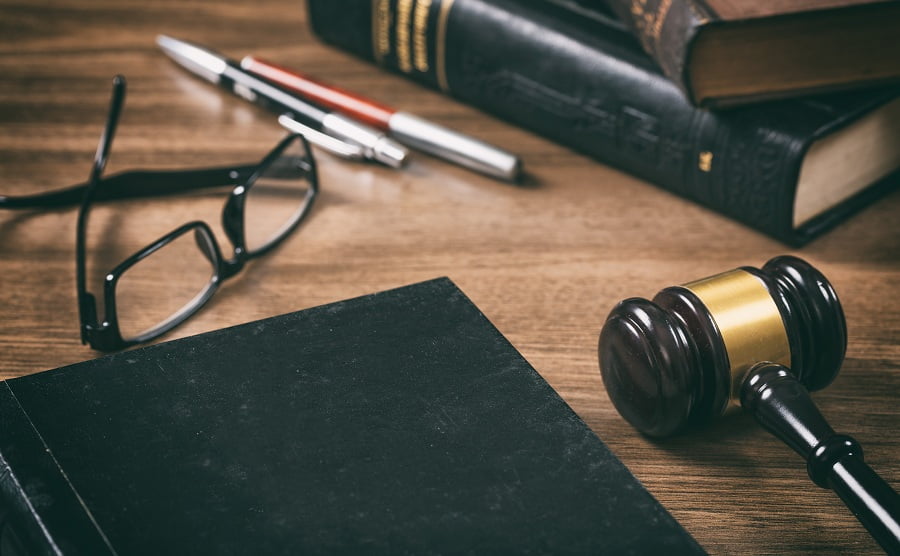
How to Launch an Appeal
Sometimes, despite all your best endeavours, the outcome of your court case is not what you desired. Whether that be a conviction for an offence you pleaded not guilty to, or a sentence that you feel is too harsh. It could also be an ancillary order the court made that you don’t agree with, such as a disqualification of your driver’s licence or the recording of a conviction.
It is a vitally important aspect of our system of law in Queensland that where a defendant is not satisfied with the outcome of a proceeding that there is a process whereby they can appeal that decision. This is an important check and balance upon the exercise of power by judicial decision-makers and promotes confidence in the judiciary by the public.
However not all decisions can be appealed. Generally interlocutory decisions of the court of trial in a criminal proceeding cannot be appealed. For example a decision by a court to exclude evidence, or to refuse an adjournment, cannot be appealed. The matter must proceed to trial in accordance with the rulings of the trial judge or magistrate. It is only once the matter has been finalised, say by conviction and sentence, that a defendant can appeal. As part of that appeal the defendant can then argue that the wrongful admission of the evidence led to a miscarriage of justice.
Further, a defendant does not have a right to appeal against every decision. For example, whereas a defendant convicted in the Ipswich District Court has the right to appeal against their conviction, that is a finding that they are guilty of the offence charged, to the Queensland Court of Appeal, the same defendant must apply for leave to appeal against the sentence imposed.

In order to start an appeal, the process depends on which court the decision was made that is being appealed against. If the decision was made by the Supreme or District Court after a trial or sentence hearing then a Notice of Appeal against conviction, or a Notice of Application for Leave to Appeal against sentence, must be filed in the Court of Appeal. Strict time limits apply. The Court of Appeal will then prepare what is called the Appeal Record Book, which contains all the transcripts and other evidence relevant to the appeal. Lawyers for the appellant must then prepare written arguments as to why the appeal should be allowed and the appeal is then set for hearing. The outcome of the appeal can be to allow the appeal and substitute another decision, remit the matter to the court below for rehearing, or to dismiss the appeal.
If the decision was made by the Magistrates Court then an appeal can be made to the District Court pursuant to s222 of the Justice Act 1886 (View – Queensland Legislation – Queensland Government). However, there are some technical limitations on what can be appealed and legal advice should be obtained before proceeding. Again strict time limits apply.
Section 223 of the Justices Act provides that an appeal to the District Court is by way of rehearing on the evidence given in the proceedings below. This means that the appellate judge is to make their own determination of the facts and how the law applies (Rowe v Kemper [2008] QCA 175). The judge is not bound by any findings made by the magistrate below and so a District Court appeal is a true opportunity to have a case reheard.
Sometime an appeal is against a decision by a magistrate that was a discretionary decision. That is the magistrate could have made a number of decisions consistent with the facts and law. An example of this is what sentence to impose, or how long the disqualification of a licence to impose. In those casesthe appeal is governed by principles enunciated by a famous decision of the High Court of Australia calledHouse v The King (1936) 55 CLR 499:
The manner in which an appeal against an exercise of discretion should be determined is governed by established principles. It is not enough that the judges composing the appellate court consider that, if they had been in the position of the primary judge, they would have taken a different course.
It must appear that some error has been made in exercising the discretion. If the judge acts upon a wrong principle, if he allows extraneous or irrelevant matters to guide or affect him, if he mistakes the facts, if he does not take into account some material consideration, then his determination should be reviewed and the appellate court may exercise its own discretion in substitution for his if it has the materials for doing so.
It may not appear how the primary judge has reached the result embodied in his order, but, if upon the facts it is unreasonable or plainly unjust, the appellate court may infer that in some way there has been a failure properly to exercise the discretion which the law reposes in the court of first instance. In such a case, although the nature of the error may not be discoverable, the exercise of the discretion is reviewed on the ground that a substantial wrong has in fact occurred.
Appeals come in many shapes and sizes, founded on different pieces of legislation. They often involve technical aspects of the law and always involve time limits. It is important for lawyers acting in appeals to have a proper understanding of the legal nature of the appeal and approach that the court will take to its consideration.
This article is of a general nature and is intended for information only. It should not be relied upon as legal advice. If you require further information, advice or assistance for your specific circumstance, please contact us at Bouchier Khan Lawyers.
